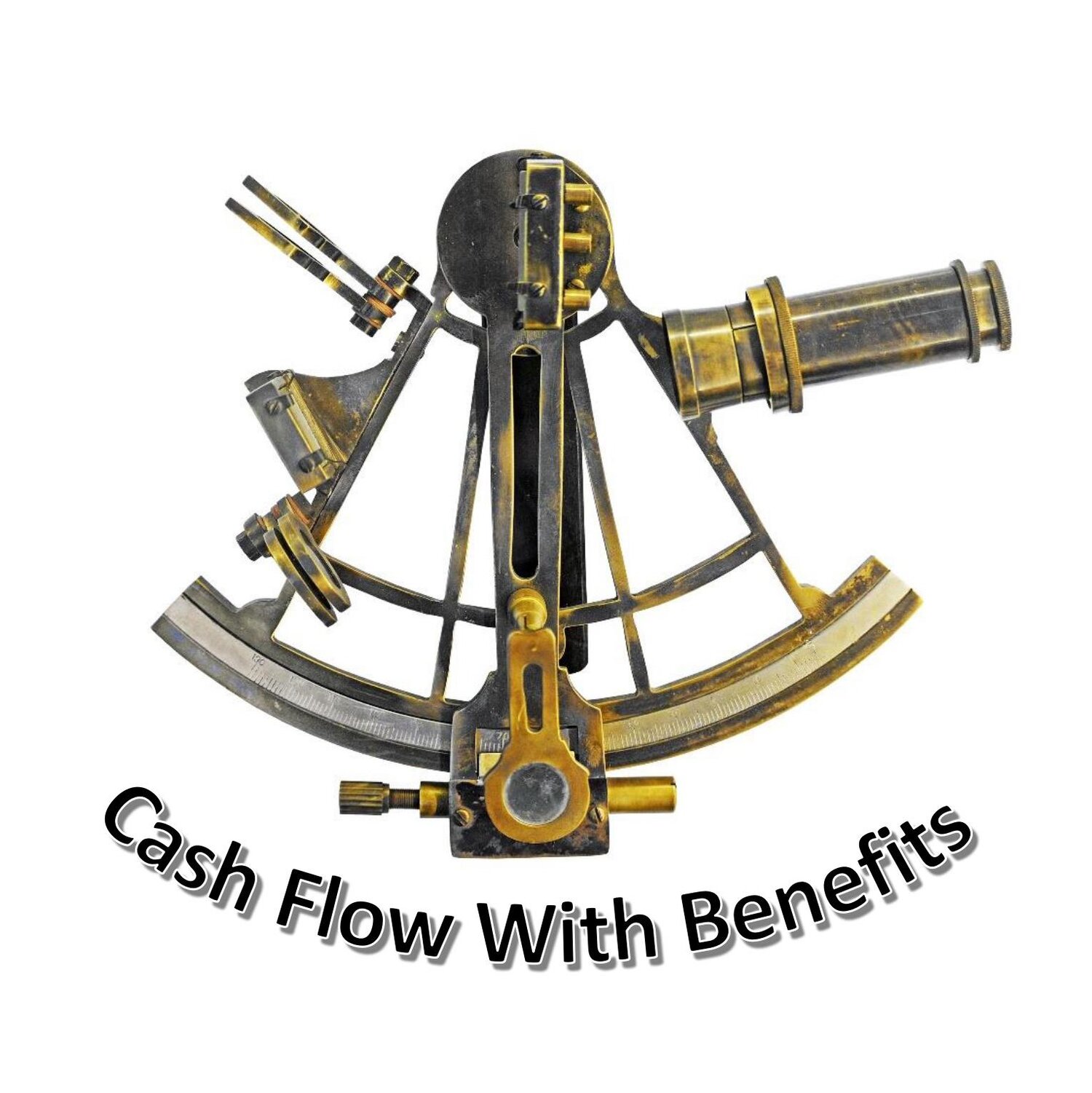A Place to Warehouse Cash
Where are you going to store your capital? This is a question that any good business ought to ask—because if you’re making a profit, it has to go somewhere. And ideally, you also want that money to be earning while it’s in storage. While bank accounts and money markets offer a place to store money, they earn next to nothing. Whole life insurance, on the other hand, offers an alternative that far outpaces those accounts.
In addition, whole life insurance offers growth without risk. It’s non-correlated to the stock market and therefore is not subject to the same whims of the market.
You can use your cash value in times where profits are lean, or to make big-ticket purchases that will help expand your business. Your cash value can also help you secure financing for projects that the bank might find risky, yet may help you increase revenue. It can also protect your privacy from both creditors and the IRS.
How Quickly Are Premiums Available to Use?
When you pay your first premium, your cash value is available for a policy loan within 30 days. The amount of your premium, however, can differ. When a policy is new, a good portion of the premium goes towards the cost of the policy. This is because there is more risk to the insurance company at this stage—if you were to die right after your insurance goes in-force, the company must pay your entire death benefit. So early premiums skew heavily toward that “funding.”
Over the years, as you pay your premiums, a higher and higher percentage goes into your cash value. And often, around the 7-12 year mark, your policy will “break even” and match the total amount you’ve paid in premiums. After that point, your cash value will always exceed what you’ve put into it (unless defaulting on a loan). Long-term thinkers will recognize the benefits—higher liquidity, higher death benefit, and higher growth.
Policy “design” can also affect what percentage of your very first premium is available to use right away. With the right design, you can still have access to up to 70% of your contributions in the beginning. Your advisor can help you find the right design for you, based on your unique needs.
How Can You Fund a Policy for Business?
There isn’t one-size-fits-all. We’d love to tell you that there is one perfect way to design a policy, however it largely depends on what kind of growth you’re looking for, how much death benefit, and any riders or provisions you’d like. It also depends on how much money you can commit to premiums.
What we can say is that you can fund your whole life insurance policy in a variety of ways. Business profit is the simple answer, however many business owners fund part of their premium with business revenue, while the cash value pays for normal business expenses. Cash value can also buy investments like real estate properties. You can then use the profits from this property to pay back the loan and possibly premiums.
Who Should Own the “Infinite Banking” Policy?
An insurance policy has several key people:
The owner of the policy is the person who pays the premiums and has access to the cash value.
The insured is the person whose life is insured by the policy.
The beneficiary is the person who receives the death benefit payout.
One person can fulfill different combinations of these roles. For example, you can own a policy on another person AND be the beneficiary of that policy. You can also own a policy that insures your own life, in which case someone else would have to be the beneficiary. Or a different person can fulfill each role, technically.
You can own a policy, or your business can own a policy, and there are different reasons for each. Often, companies or employers will fund a policy on a key person or employee. The employer has employable interest because key employees have experience, knowledge, and skills that would take considerable time and money to replace. They also likely have a direct impact on revenue. This allows businesses to use the policy, and it can often fund employee benefits as well.
It’s important to note that while the insured role cannot change, the ownership and beneficiary CAN change. Which means if an employee moves on, for example, a company can transfer policy ownership to that employee so that they can continue premium payments and have access to the cash value and death benefit.
Buy-Sell Agreements
If there are two owners of a company, each owner can own a policy on the other person. Then the company is named the beneficiary. If one or the other owner dies, the death benefit allows the surviving owner to buy the other owner’s shares of the company. This can also help the surviving spouse if they wish to be bought out of the company.
A buy-sell agreement ensures that everything goes smoothly, and ownership of the company can be transferred smoothly. And because both owners have policies on the other, it creates a level playing field in the partnership.
Infinite Banking for Business Can Keep You Protected
If you’re a business owner, consider how life insurance and an infinite banking strategy can help you grow and keep your business protected. Infinite banking for business can help you fund projects, protect your estate and your assets, and ensure the long-term success of your business.
